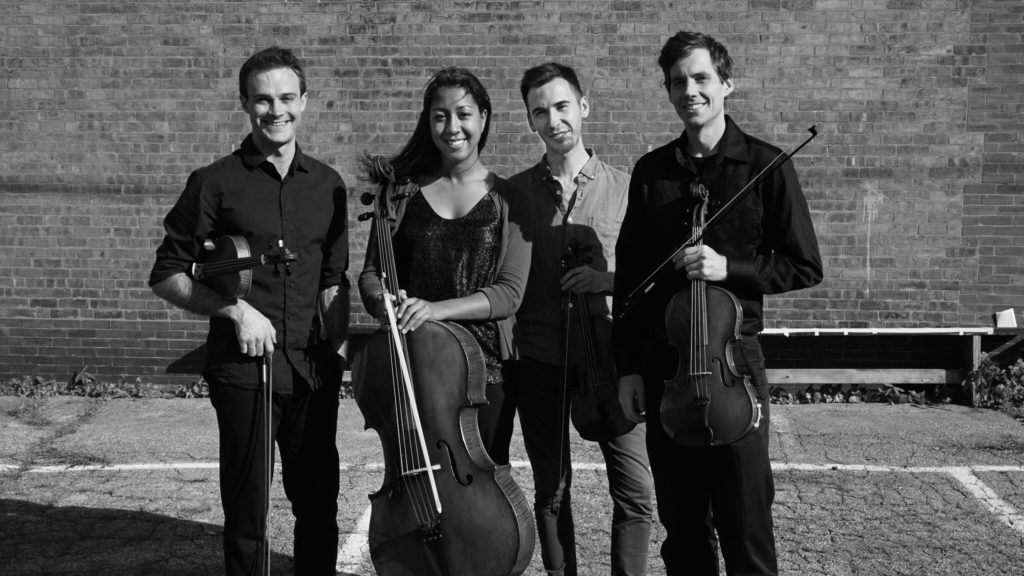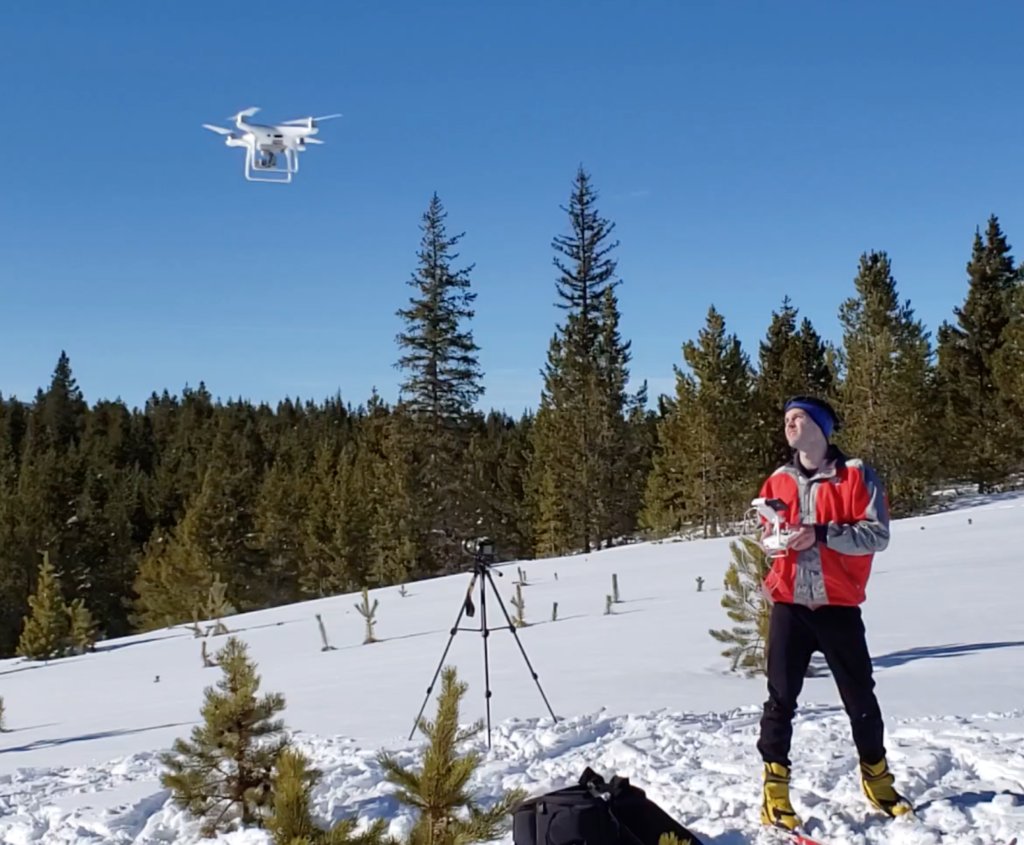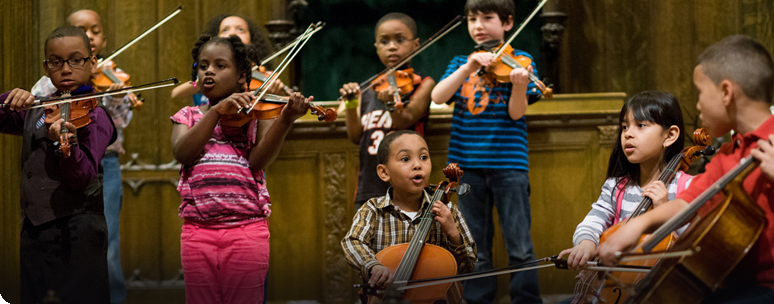The Untraditional String Quartet Luke Fatora, Holly Dyer, David Rubin, and Zach Hazen Violinist and second-year Fellow Luke Fatora curated Sunday’s RISD Museum concert and writes about programming music that “abandons traditional notions of what a string quartet should sound like” and adding texture and depth to the experience with spoken word, vocals, and video. My own musical life got off to a start as a young boy, when I couldn’t restrain myself from stomping to fiddle music in the hills of Appalachia. Many of the pieces I’ve chosen for this Sunday’s program at RISD reflect that affinity and are derived from folk music. The Quartet has partnered with singer/songwriter and CMW Resident Musician Tessa Sacramone to present two American folk songs that capture a sense of optimism and a desire to create a better future. Mary Kouyoumdjian’s arrangement of an Armenian folk song, in which the singer calls out to a crane and pleads for news from their country, is featured. Crane is a haunting rendition of a recording by the Armenian singer Zabelle Panosian, who recorded the piece from New York in 1916 as Armenians were going through genocide in Ottoman Turkey. Elements of folk, jazz, and rock can be heard in selections from Scott Johnson’s How it Happens, where musical ideas are derived from and paired with the rhythmic and melodic elements of recorded speech. Johnson notes that the piece is “based on the sampled voice of maverick American journalist I. F. Stone, whose idealistic and democratic vision of advancement for the human race was kept sharp by a no-nonsense reporter’s eye, an intellectual’s sense of history, and a delight in subversive humor. To me, Stone seems to have been cut from the same cloth as that strain of independent American composers who view their parent culture with both love and disappointment, turning these conflicting feelings into an engine driving their efforts.”  Several pieces on the program are paired with a visual element: videos I’ve filmed and images compiled that are inspired by and subservient to the composers’ scores. In John Luther Adams’ The Wind in High Places, the first movement, Above Sunset Pass, takes me to some of the mountain landscapes that have been a source of inspiration and perspective since I was first able to shuffle around on a pair of nordic skis as a kid. The last movement, Looking Toward Hope, suggests the passing of time on a grand scale. In this, I sense the inevitable and cyclical passing of the day, feeling this process as analogous to the passing of life. I’ve paired the piece with time lapse and drone video of the passing of a day near my own hometown. The composer dedicated the piece to his friend Gordon Wright and says: “Gordon wright was the friend of a lifetime. For thirty years Gordon and I shared our two greatest passions: music and Alaska. Gordon was my musical collaborator, my next-door neighbor, my fellow environmentalist and my camping buddy. These miniatures are musical sketches of moments and places in our friendship. Like Alaska, Gordon was larger than life. He always lived his own way. And he died just as he would have wanted. We found him lying on the deck of his cabin in the Chugach Mountains, curled up against his favorite birch tree, looking across the waters of Turnagain Arm toward the Resurrection Valley and the tiny settlement of Hope.” Henryk Górecki’s string quartet Already it is Dusk is a wild piece inspired by folk music from the mountainous Tatra region of Poland which I’ve paired with images related to our culture’s relationship with technology and the natural world. The score is centered around an old folk melody, a prayer for children preparing for bed: “Already it is dusk, the night is near, Górecki’s piece opens with an eerie setting of the folk melody interrupted by strident outbursts, later developing into a driving tempestuous dance. I’ve paired Already it is Dusk with images inspired by the text of the original melody, aiming to bring the words to life in 2019. This Sunday’s program features music that abandons traditional notions of what a string quartet should sound like, where the quartet itself transforms into different folk ensembles, fuses with recorded speech, and imitates serene mountain landscapes, at times pairing with evocative imagery. I hope you can join us!
|
